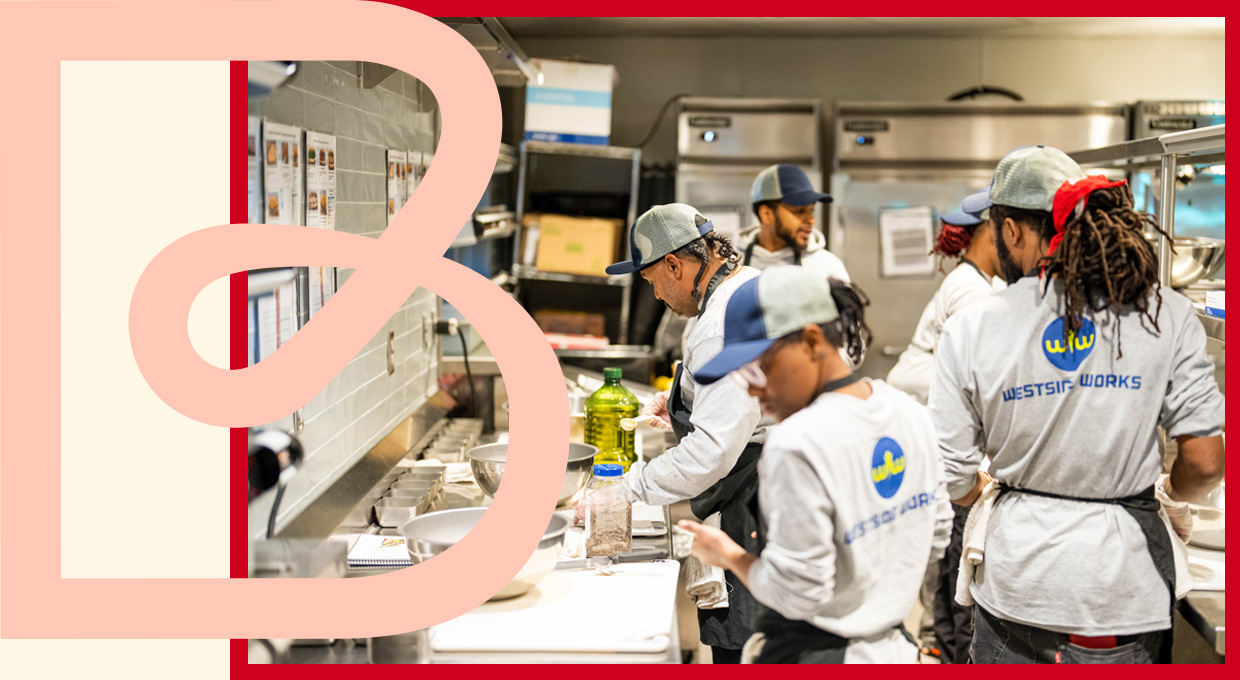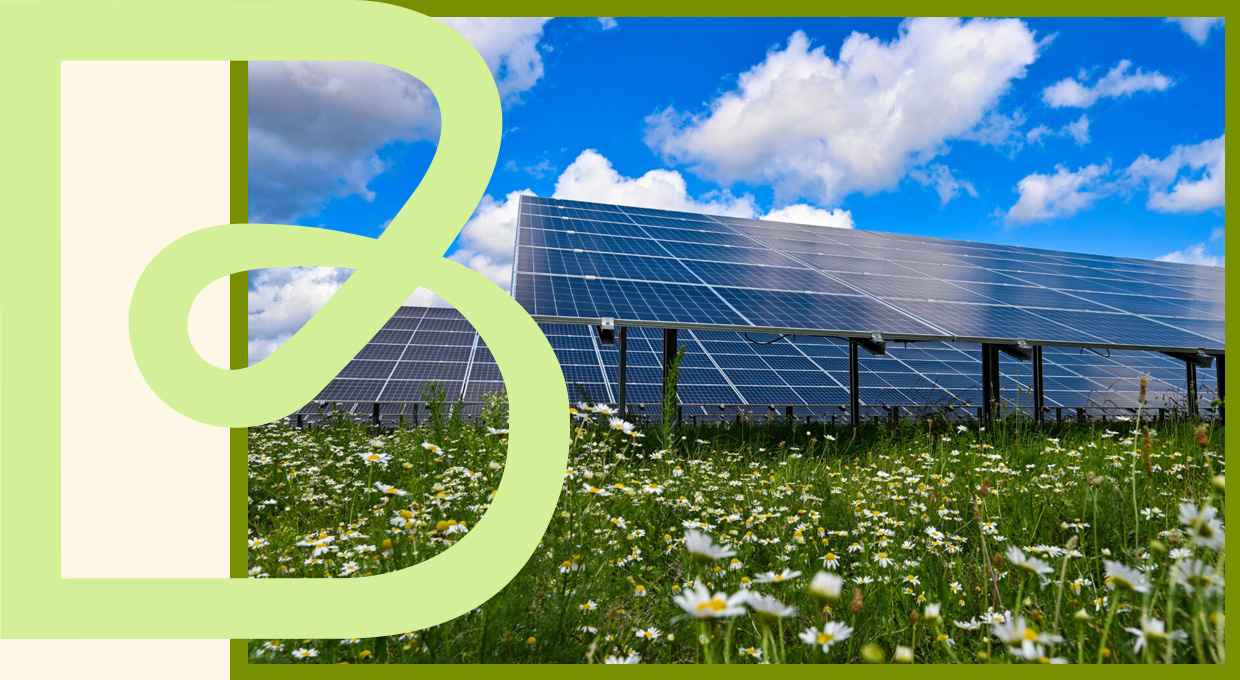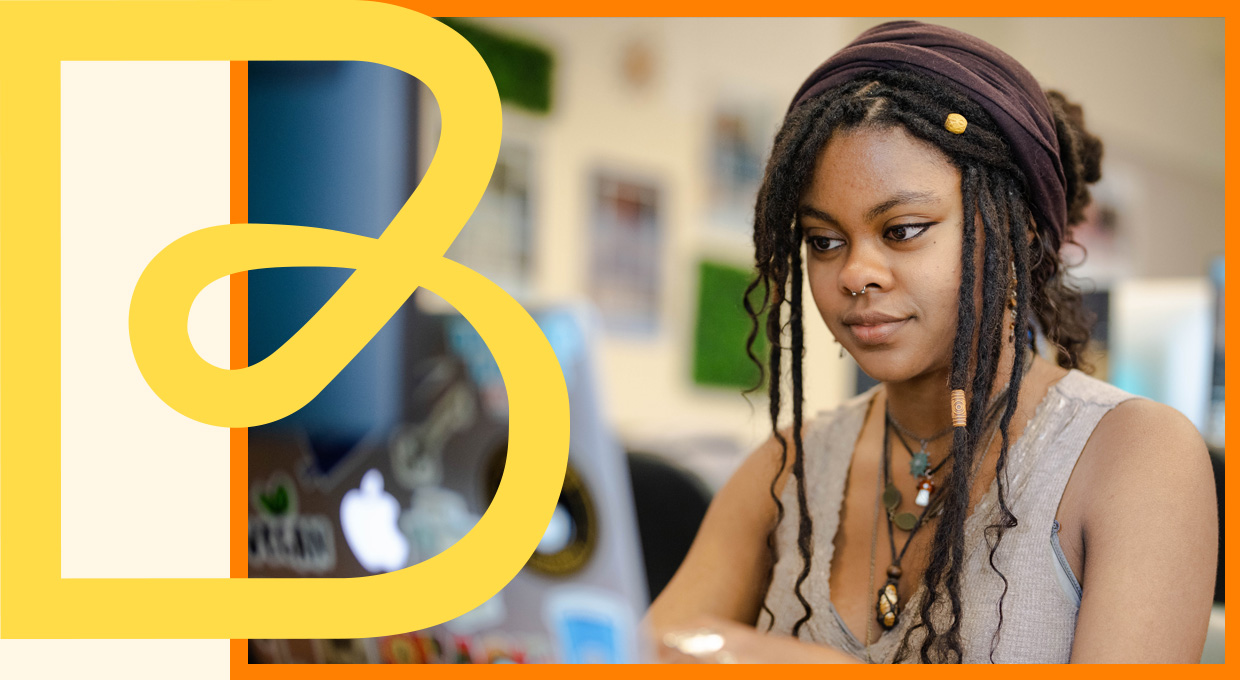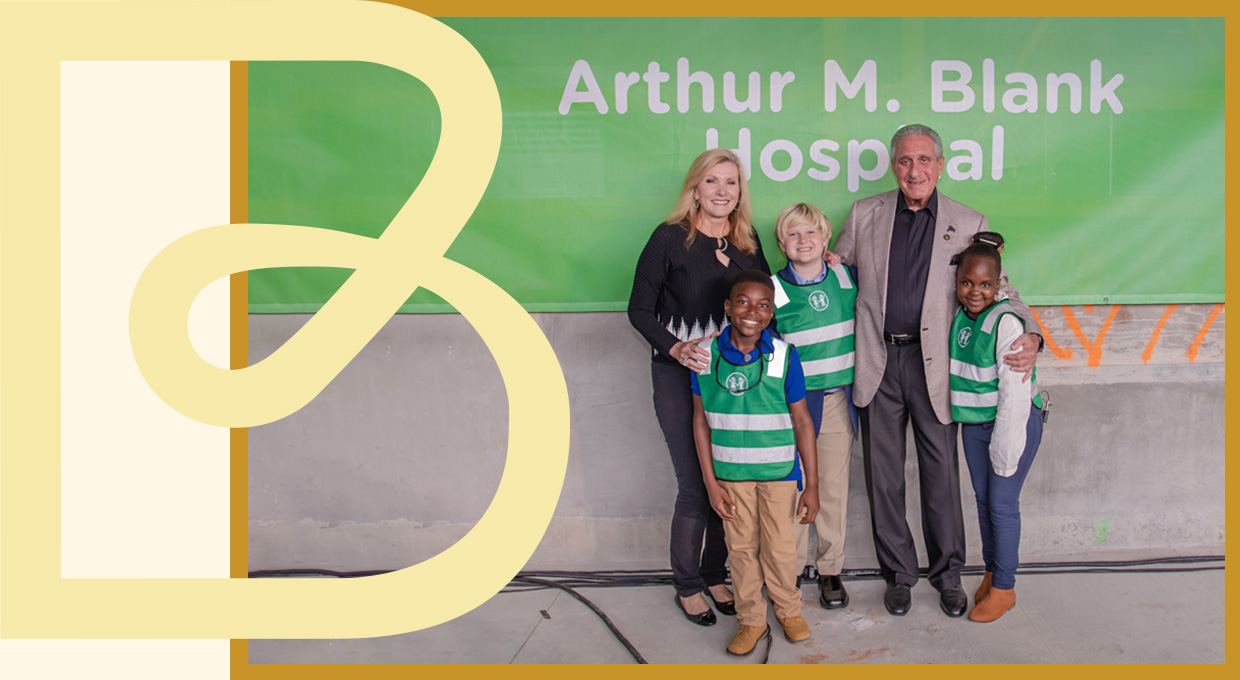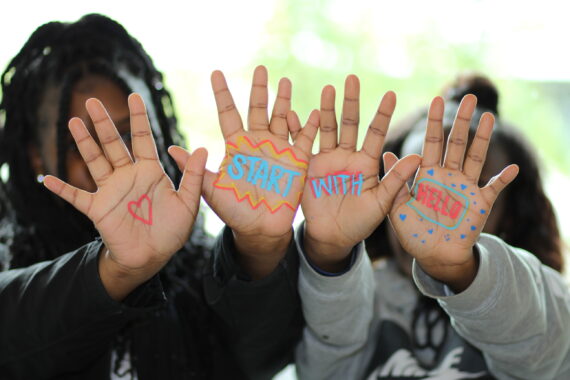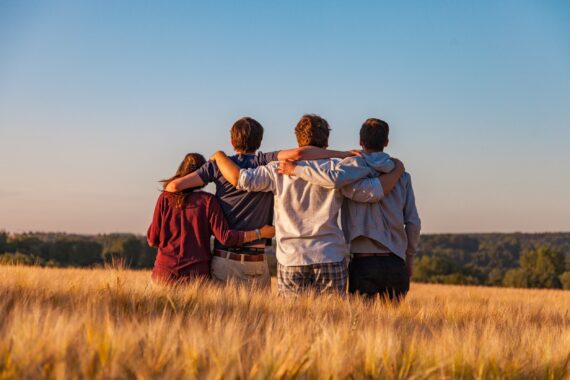Young Futures: Empowering Youth Through AI
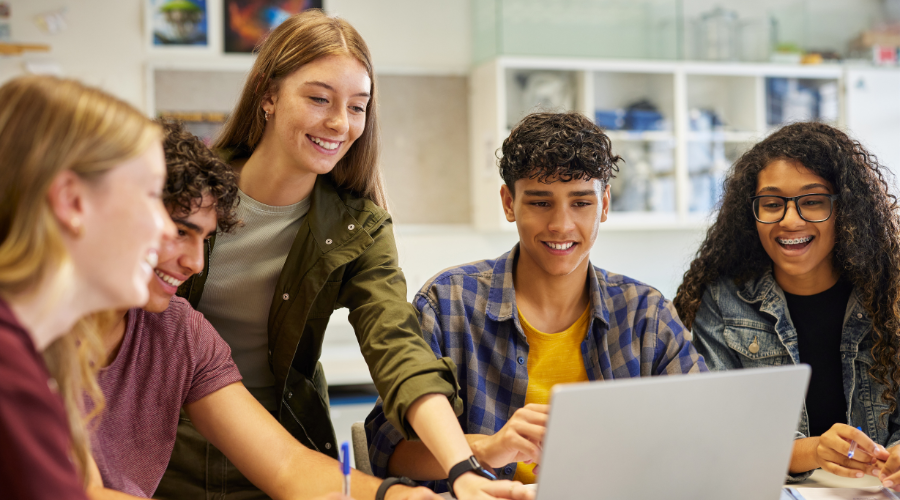
Young Futures is a nonprofit organization seeking to make the digital world an easier place to grow up, so that young people can unlock a more resilient future. By supporting emerging nonprofits working to help young people and their families, Young Futures provides a social compass for teens and families finding their way through the tech-driven world.
In 2025, the Arthur M. Blank Family Foundation made a $1 million grant to Young Futures to help the organization build an ecosystem of solutions that will help young people and their families not just survive but flourish as a team when meeting the uncertainties of the digital world. The funding from the foundation will be used to address the need for mental health resources related to the pressures that young people face, both online and offline.
Since launching in November 2023, Young Futures has run five open funding calls addressing urgent challenges at the intersection of youth mental health and technology. Each theme is shaped by insights from nationwide Youth Listening Tours, ensuring young people’s voices guide every step.
In September 2025, Young Futures introduced the YF500, a five-year, $50 million commitment to build a national infrastructure for youth wellbeing by supporting 500 YF Innovators across the country.[CH2]
In October 2025, Young Futures launched itsfifth open funding call. The “Oops!…AI Did It Again” challenge addresses the urgent need to equip young people with the skills, knowledge, and confidence to navigate Artificial Intelligence (AI), which is rapidly reshaping their learning, creativity, relationships, and mental health. The initiative comes at a critical juncture when more than half of young people report using generative AI, primarily for information gathering, schoolwork and, increasingly, mental health support. Additional research reveals that teens often use AI alone, in secret and without clear guidance, leading to anxiety, uncertainty and missed opportunities for support.
The “Oops!…AI Did It Again” Challenge is designed to find solutions across four key themes: Youth-Powered AI; AI in Learning, Work and Creativity; AI in Relationships; and Mental Health and Intergenerational Guidance. The challenge will fund approximately 10 Young Futures Innovators, who will receive grant funding and access to the Young Futures Academy, a program providing leadership coaching, fundraising strategy, storytelling support, subject-matter expertise, and, most importantly, a community of their peers.
A Conversation About AI, Technology & Mental Health
A Q&A with Young Futures CEO Katya Hancock provided an insightful perspective into how young people can shape the future of technology while also maintaining their well-being.
Q: What led to the creation of Young Futures?
A: Nonprofits are uniquely positioned to help young people because they’re embedded in communities, schools and families in ways that build trust. By creating a network of these organizations and supporting the early-stage nonprofit sector at scale, we can really move the needle on youth well-being.
Young Futures was born from this concept: support many early-stage nonprofits solving challenges around youth well-being and tech by listening to young people. We only fund nonprofits that are either youth-led or closely co-designing their programming with young people.
Q: What does “co-designed with youth” mean? Can you share an example of how youth input has shaped your organization?
A: We conduct youth listening tours before every challenge. For the “Oops!…AI Did It Again” challenge, we talked to teens across the country through surveys and focus groups about how they feel about AI and how adults are helping them or not. We heard that when schools have AI policies, about half of them just tell students not to use AI, yet 70 to 80 percent of high school students are using it at home, usually in secret with no adult support. Meanwhile, they see teachers using it for lesson plans, grading and college recommendation letters, which frustrates them.
So, we’re funding solutions around AI and education (in addition to other areas), supporting teachers and administrators to create strong AI policies co-created with young people while also preserving critical thinking.
Q: What do you want young people to understand about their relationship with AI that they might not realize right now?
A: AI doesn’t have to be something they just passively use or have done to them; they can help shape it. Their ideas and creativity can influence how AI is built and used. But it’s not just about what we want young people to understand; we also want adults to understand what young people feel. Many teens feel like they’re the ones teaching their parents about AI. It’s frustrating when parents make blanket rules without engaging in open conversation. Young people are craving support from trusted adults; they want a conversation and a thought partner.
Q: You talk about families navigating this moment alone without a map, compass or aim other than survival. What would it look like if we moved beyond survival mode?
A: Rather than just rules and restrictions, we need language, shared tools and resources for supporting young people. These young people will be adults in just a few years, so we need to equip them with tools to have a healthy relationship with tech.
It’s about families, educators and innovators all working together. We plan to fund a large number of innovative approaches across the country, connect them as an ecosystem, tell their stories and get resources, tools and best practices out there so every family in this country can access them.
Q: Looking forward to 2026, what themes could be at the forefront of some new Young Futures challenges?
A: We always have a long pipeline of potential challenges. Social connection and loneliness must be addressed at the core for young people to be well. You can teach healthy AI use or how to manage cyberbullying, but if someone is chronically lonely, they still won’t be doing well. Social connection, belonging and alleviating pressure will continue to be threads, with solutions that help teens navigate daily ups and downs.
A few emerging themes include how digital well-being affects physical well-being, how technology impacts how young people view healthy relationships and redefining masculinity to include kindness and empathy, particularly as online content and communities increasingly shape the worldviews of young people.
Q: What advice would you give on how to start a nonprofit to help youth in this mental health crisis?
A: It’s simple. If you want to do something in your local community, start by listening to the young people there and understanding what they’re going through.
Q: What gives you hope when you look at the landscape of youth mental health and technology?
A: It’s definitely the young people themselves. This is an incredible generation. They’re so creative, self-aware and cognizant of what’s going on in the world. I think they’re more socially conscious than previous generations. We see so many nonprofit founders who are young people themselves.
We’ve been doing this for two years now. We’ve launched five funding challenges, and we’ve supported 35 grantees, soon to be 45. We know what we’re doing is working. These are amazing organizations doing great work in their communities. When we pull them together as peer groups and coach them on leadership development, scaling, fundraising and communications, the results are resoundingly positive. We’re excited to scale this work and support 500 nonprofit leaders over the next five years through our YF500 initiative
This grant aligns with the foundation’s Mental Health & Well-Being strategy to support flourishing mental health and well-being for all young people. As part of this strategy, the foundation is focused on helping teens build healthy relationships with digital technology. Through partnerships with organizations like Young Futures, the foundation is working to ensure that every young person can navigate the digital world in ways that help them flourish and thrive.
Stay Connected
Stay up to date with stories of impact, grants in your neighborhood and other interesting foundation news.
By submitting this form, you are consenting to receive marketing emails from: Arthur M. Blank Family Foundation. You can revoke your consent to receive emails at any time by using the SafeUnsubscribe® link, found at the bottom of every email. Emails are serviced by Constant Contact

